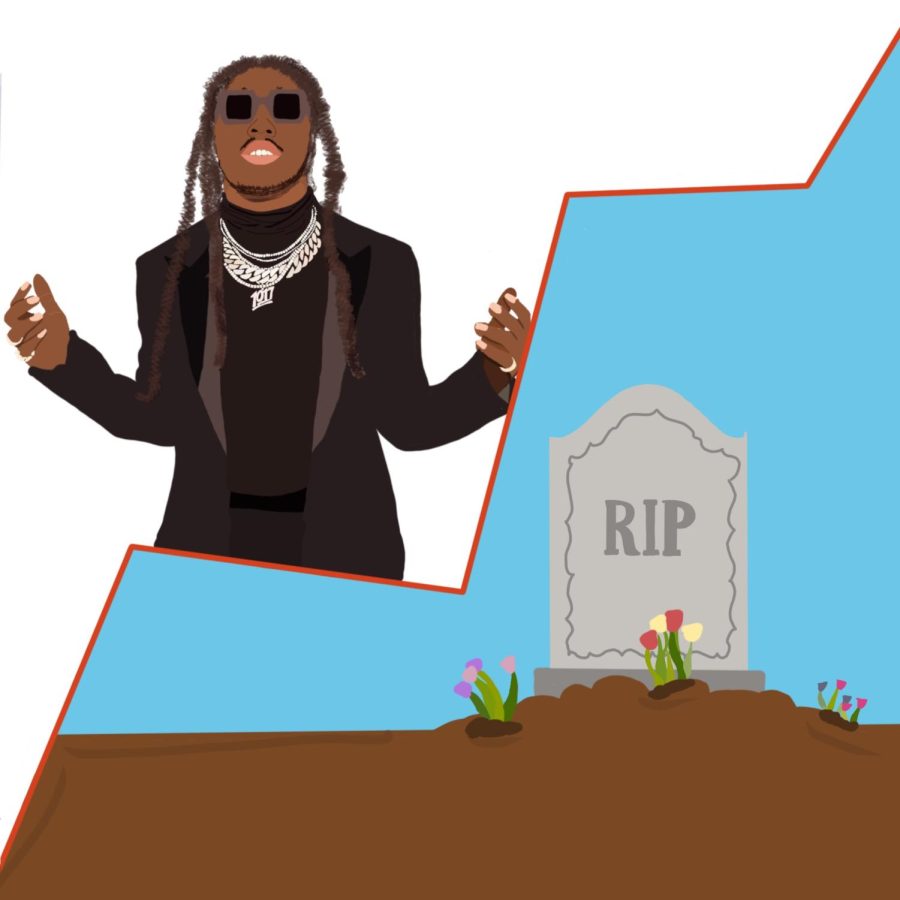Tragic tales of young talent
February 21, 2023
Music is art, pure and beautiful.
It never takes and always gives.
Behind all art is a brilliant artist honing their craft with every beat, stroke and design. The idea of tortured artists is not a new one. The most common example is Dutch painter Vincent van Gogh, who famously cut off his own ear in 1888. And still today, tortured artists continue to struggle with mental health issues. It makes one wonder if the music industry even cares, because if a depressed artist is making beautiful music, would the same artist make similar music if they were happy? Across all genres of music, there are examples of talented musicians who died too young and likely did not receive the help they desperately needed.
The lead singer from Nirvana, a little grunge band out of Seattle, who went by the name of Kurt Cobain took his life in April of 1994. Cobain’s death was a shock to many at the time, with many people remembering where they were when they found out. But was it really much of a surprise? The lyrical content of Cobain’s music talks about everything from drug abuse to committing suicide. It seems like those in the industry surrounding Cobain did not care about his mental health; they only cared about making a buck off of his talent. The greed of the music industry kills.
Drug abuse being normalized within the music industry has led to names like Mac Miller, Lil Peep and Juice WRLD all passing away due to drug overdoses. Lil Peep passed away from a fentanyl overdose due to taking laced Xanax. He was barely 20 years old. Mac Miller also passed away from a fentanyl overdose due to taking laced Xanax. He was 26. These artists made music with content about struggling with drug addiction, mental health and suicide. Their music has saved lives, and their names will forever be carried on by fans around the world, but at what cost? This trend of struggling artists finding success and still self-destructing is getting hard to watch.
Another reason record labels might not assist their artists in their struggles, whatever they may be, is a cold, hard one: A song still makes money after the artist is dead. The handling of artists’ estates by record labels has led to many deceased artists releasing posthumous music. While this has resulted in good music being delivered to fans in cases like Mac Miller’s “Circles,” and MF DOOM’s “Super What?,” it can also feel like a cash grab with no regard for the fans or the artist’s legacy.
The culture surrounding hip-hop and rock has always had ties to drugs, and unless there is a cultural change, musicians will continue to feel pressured to fit into the tortured-artist mold that society expects. Drug abuse and mental health in the music industry needs to be addressed before more stars burn out in their prime. The music left behind by these artists is their gift to the world — and they get paid back with everything but happiness.








